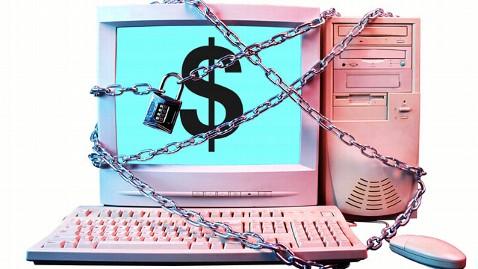So What About SOPA?

Now that House Republicans have agreed to an extension of the payroll tax cuts, America can safely return to its usual holiday activities.
Lurking on the other end of all those visions of sugar plum fairies, however, is something that could change the face of the internet as we know it. The House Judiciary Committee confirmed this Tuesday that discussions of the Stop Online Piracy Act (SOPA) will resume in early 2012. In case you missed it, SOPA and its slightly-less extreme Senate sibling, the Protect Intellectual Property Act (PIPA), are two pieces of legislature aimed at controlling internet piracy.
Under existing law, copyright owners can ask sites to take down pirated content. So, for example, if YouTube receives a take-down notice, it must comply within a reasonable time limit or face a lawsuit. A problem exists in this current legal structure: some overseas websites exist solely to traffic in copyrighted materials; these websites oftentimes function outside the reach of American law.
Both SOPA and PIPA aim to correct this problem. As Bloomberg reports, "The House and Senate Judiciary committees are moving measures that would let the Justice Department obtain court orders to certify sites as dedicated to theft, at which point the entire online ecosystem -- search engines, Internet Service Providers, payment processors and advertising networks -- could be told to block the sites. Google inc, for example, could be required to remove a link to a site so that it doesn’t come up in search results." This bill would also allow copyright holders to go after offending websites via any number of financial paths--by cutting off advertisers, credit-card companies, and payment processors such as PayPal that allow them to do business.
These measures, while business friendly, can have any number of chilling consequences. Bloomberg reports, "Google Chairman Eric Schmidt says they would 'break the Internet' -- by allowing the film industry or, if that doesn’t work, the U.S. to give domain-name registrars and advertising networks just five days to cease directing traffic to a site or starve it of ad revenue. It’s not hard to imagine how that might chill free speech or be abused by a politically ambitious U.S. attorney general."
Additionally, because the measure requires the individual artists or license holders take their cases before the International Trade Commission, the price of hiring and maintaining lawyers to work cases will be prohibitive to all but the most wealthy conglomerates.
What are we to make of SOPA (and PIPA)? Well...the overwhelming divide appears to be described as Hollywood and the entertainment industry vs. both Silicon Valley and proponents of free speech and an open internet. Regardless of which side one falls on, this is an ongoing debate that will have a large effect on the ways we procure and consume media online. Large, popular websites such as YouTube, Reddit, and Facebook will be altered if SOPA goes through in its current form. The entire network of information sharing (and gathering) one finds in the internet will be altered.
This is still a developing story. It will no doubt continue to be controversial. Stay tuned...